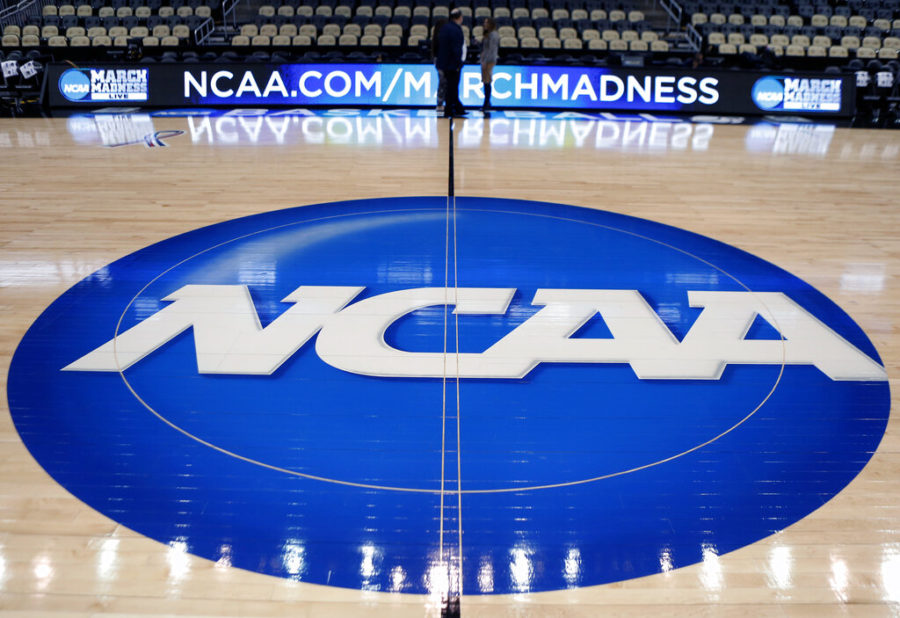The role of the NCAA is changing.
Proposed changes from the NCAA regarding the autonomy of athletic programs are now in writing, according to a draft constitution released Nov. 8.
“Each division is authorized to structure itself as it deems necessary, including the creation of sub-divisions or creation of a new division and determination of membership eligibility for these new organizations, including the role of conferences,” the NCAA said.
With the provisions, college athletic divisions would have the power to divide themselves like never before. The FBS, for instance, could divide itself again on conference lines.
The Constitution Committee will meet to discuss the proposed changes to the constitution in a special convention next week, and a constitution will have to be approved in January 2022.
“We’re in a defining moment in the NCAA and college athletics, a re-defining moment,” TCU Men’s Basketball Coach Jamie Dixon said on Thursday before the NCAA released its draft.
College athletics has always been a unique industry, with many different sports and then football as its one possible net earner.
A new ‘super conference’ and-or ‘super tournament’ for college basketball would likely benefit large athletic programs from a financial perspective, which is about what West Virginia Men’s Basketball Coach Bob Huggins meant in saying “those Cinderella schools are putting 200 people, at best, in their gym […] We’re putting 14,000.”
“Football is more divided up,” Dixon said. “Basketball, some would say, needs to do a little bit of that: more of a separating, recoupling of divisions.”
Since the Power Five distinction was created, college football has searched for ways to maximize profits byways of the Bowl Championship Series (BCS) and the College Football Playoff (CFP) to sign important TV deals and create their own ‘tournaments’ to maximize TV ratings.
It’s the main reason Texas and Oklahoma are planning to leave the Big 12 in 2025, TCU left the Mountain West, the Conference USA, and so on: TV deals are the moneymakers. It’s also probably the same reason that the NCAA is getting a makeover.
Most athletic departments aren’t thriving and need every dime they get from the NCAA to stay afloat, so it could be about time for a shift in power.
Autonomy has the potential to help big programs pool their numbers as it does in football. Depending on how it’s implemented and who divides it, autonomy has the potential to hurt smaller schools, who make sports and events like the NCAA Tournament fun to watch but less profitable in the long term.
TCU’s TV value, for instance, could not compete with an industry like Texas, which has more than 480,000 alumni compared to TCU’s 90,000.
The freedom to organize something like a tournament in autonomy, like football does with bowl games, could contribute extra sources of revenue for any program.
Some argue that the autonomy of college football isn’t a good role model for the NCAA.
“We don’t have, I want to say, a tradition of empowering the NCAA,” said Kevin Smith, a TCU sports business professor at TCU. “What I mean by that is, in the NBA you’ve got a commissioner in Adam Silver who says, ‘LeBron, you’re going to make your money. My job is to build the NBA, the plan, we’re going to grow from $7 billion to $11 billion.’ In our college athletics, we haven’t empowered the NCAA to have that authority. So that’s why you have schools and leagues, and everyone grabs land.”
No one is able to predict what will come next for college sports but appreciating college athletics for the spectacle it is, the ways it defies our expectations is what makes the industry unique.










